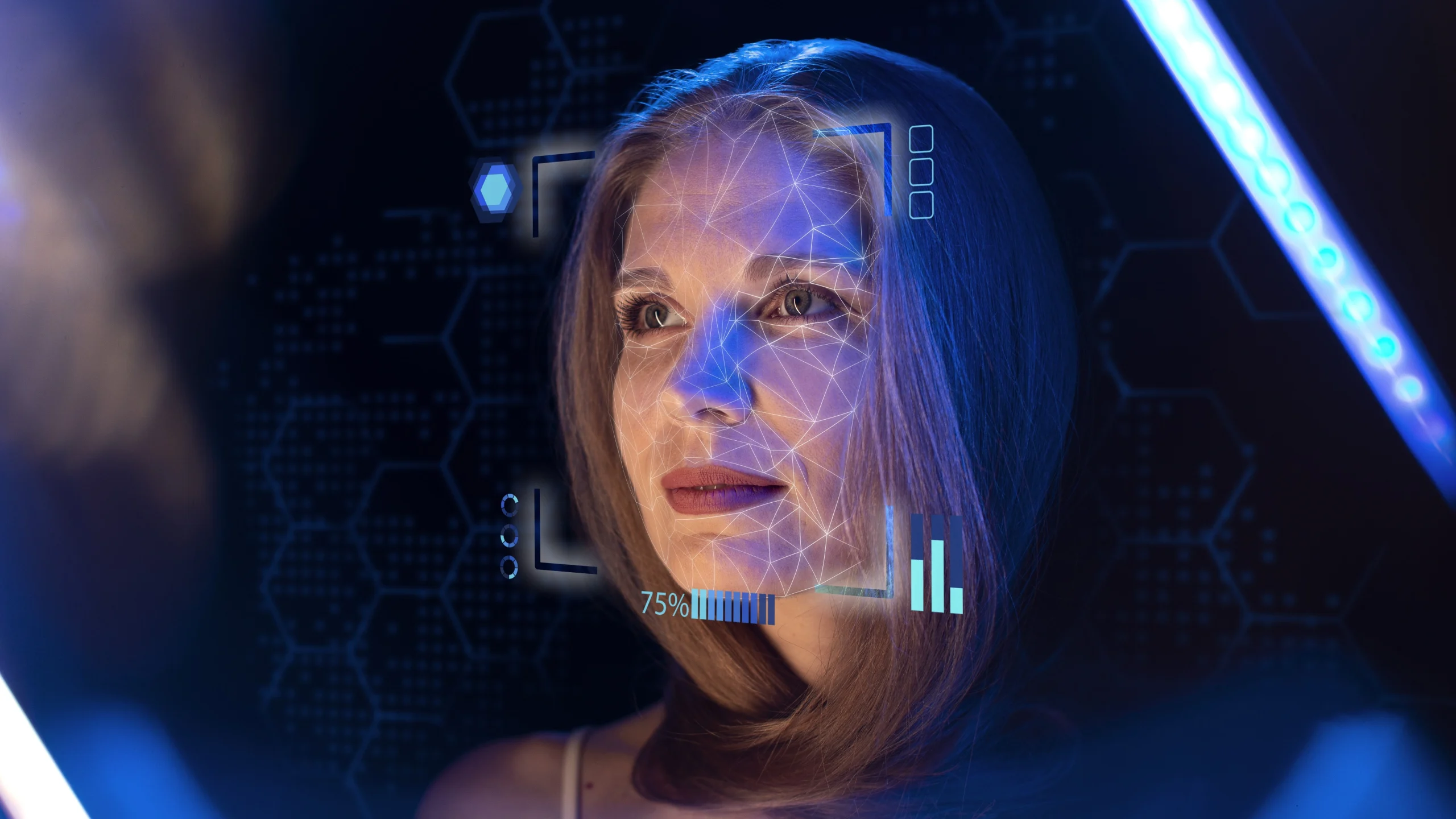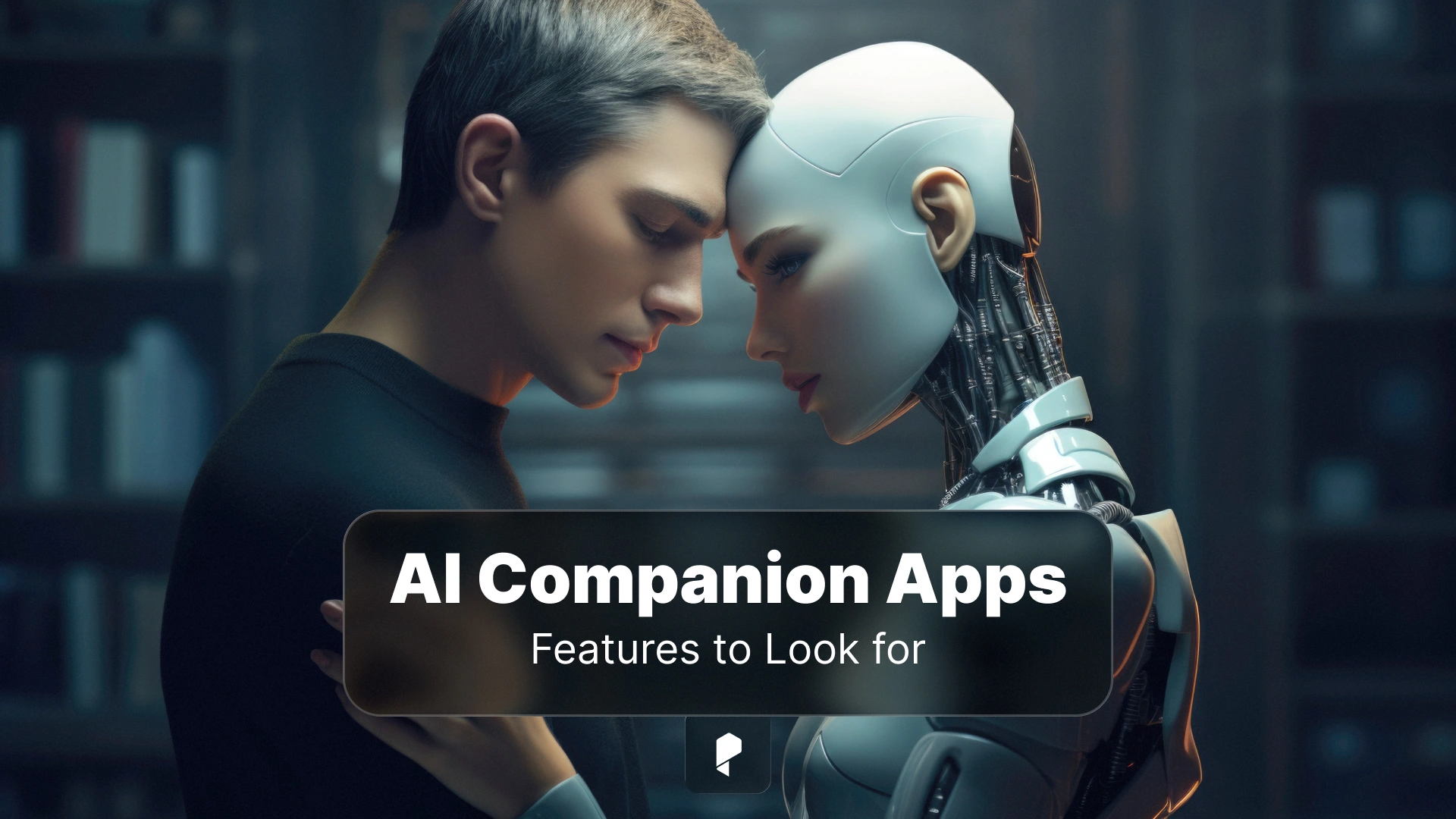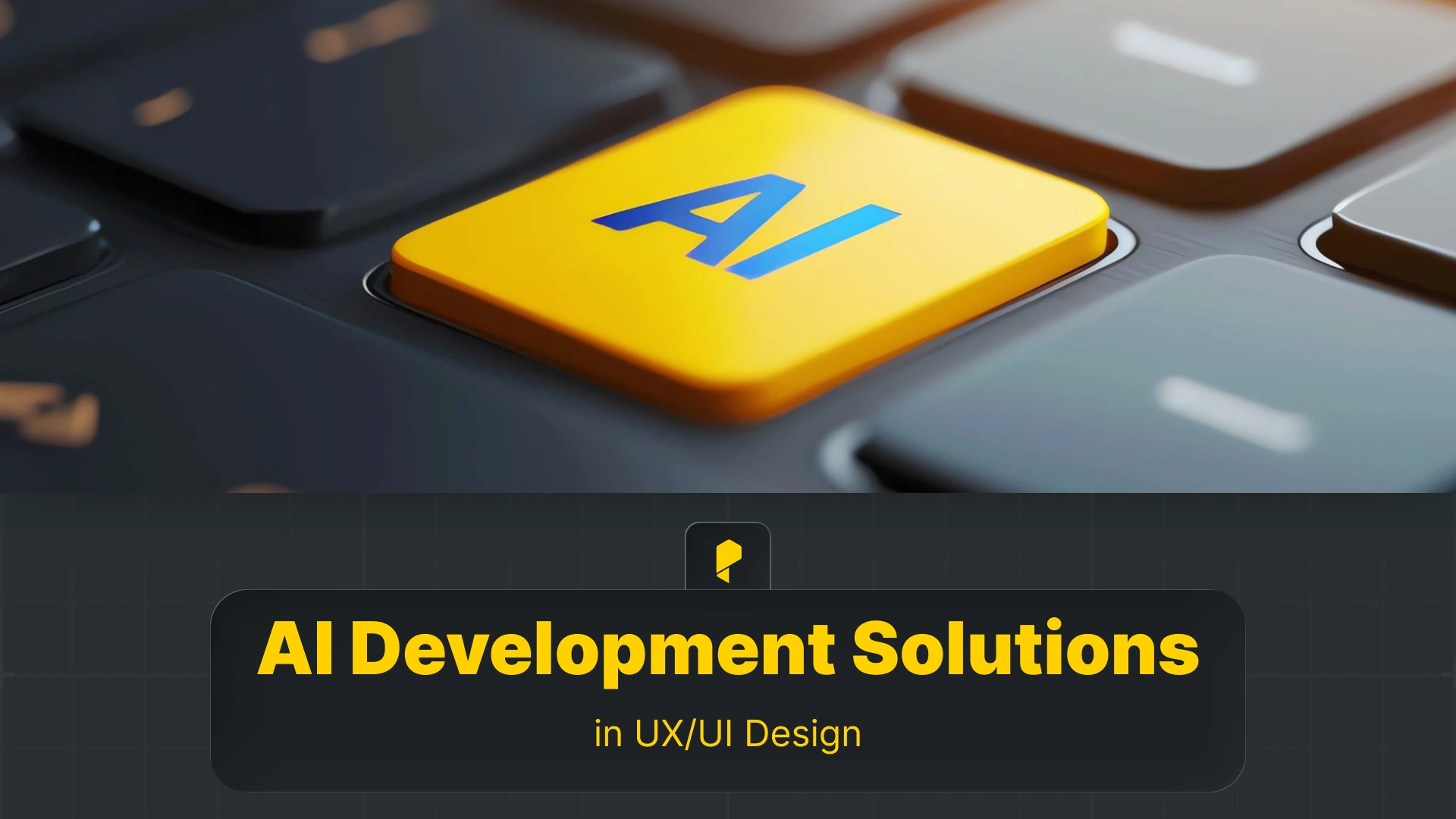The Future of Video Creation: AI Voiceovers and Beyond

The Current Landscape of Video Creation
How AI is Already Revolutionizing Video Production
AI is playing a crucial role in modern video production, streamlining tasks that were once labor-intensive and time-consuming. From automated video editing to intelligent post-production tools, AI-powered content creation is making it easier than ever to produce high-quality videos. Popular tools such as Adobe Premiere Pro’s upcoming AI-driven features, platforms like Runway ML, and Pixflow’s AI Voiceover plugins highlight the growing influence of AI in this domain. Pixflow AI Voiceover, in particular, is what we’re proud of for its ability to create natural-sounding voiceovers quickly and efficiently, making it an essential tool for creators looking to enhance their video production workflows.
Why AI Voiceovers Are Leading the Charge
AI voiceover technology has quickly become a game-changer in video production. These tools utilize advanced algorithms to synthesize human-like voices, providing a cost-effective and efficient alternative to traditional voiceover methods. The benefits of AI voiceovers include consistency in tone, rapid turnaround times, and the ability to produce multilingual content effortlessly. As a result, AI voiceovers are now a cornerstone of advanced video creation tools.
Future Trends in Video Production
AI Voiceovers and the Future of Video Editing
The integration of AI voiceovers like the Pixflow AI Voiceover plugins, into video editing is set to become even more sophisticated and advanced. Future advancements may include voice modulation that can adapt to emotional tones, real-time voice synchronization with video, and dynamic voiceovers tailored to specific audiences. These trends promise to redefine the standards of video editing, making it more accessible and impactful.
The Rise of Fully AI-Powered Content Creation
AI is paving the way for fully automated video production pipelines. From scriptwriting to final edits, AI-powered tools are reducing the need for manual intervention. This trend is not only accelerating production timelines but also enabling creators to experiment with innovative formats and styles. Such developments could revolutionize industries like marketing, education, and entertainment.
Innovations in AI Video Editing Tools
Advanced AI video editing tools are continuously evolving, offering features like automated scene transitions, enhanced color grading, and AI-generated visual effects. These innovations are helping creators produce professional-grade videos with minimal effort. Companies like NVIDIA and OpenAI are leading the charge, demonstrating the potential of these technologies through groundbreaking applications.
Advanced Tools Shaping the Future of Video Creation
Customization and Personalization Through AI
AI enables creators to personalize video content like never before. By analyzing audience preferences and behavior, AI tools can craft tailored content that resonates on a deeper level. For example, AI-driven algorithms can adjust voiceover tones, visuals, and scripts to match specific demographic profiles, ensuring higher engagement. You can check out our blog on video creation with AI for more info.
AI-Driven Audience Analytics for Video Strategies
AI is revolutionizing how creators measure and refine video performance. Tools powered by machine learning provide insights into viewer preferences, enabling data-driven decisions for content optimization. These analytics can guide everything from runtime adjustments to thematic changes, ensuring videos achieve their intended impact.
Challenges and Ethical Considerations
Addressing Concerns About AI in Video Production
Despite its many benefits, AI in video production comes with challenges. One significant concern is maintaining authenticity in AI-generated voiceovers, as overly synthetic voices can sometimes lack emotional depth. However, tools like Pixflow AI Voiceover address this challenge by offering highly authentic, human-like voiceovers that closely mimic natural speech patterns. Additionally, biases in AI algorithms and the potential for misuse pose ethical dilemmas that need to be addressed proactively.
The Role of Creators in an AI-Driven Future
While AI automates many aspects of video production, it cannot replace human creativity. The role of creators will evolve to focus on ideation, storytelling, and oversight, ensuring AI tools are used ethically and effectively. By embracing these changes, creators can unlock new opportunities and redefine their roles in the industry.
Conclusion
Disclaimer : If you buy something through our links, we may earn an affiliate commission or have a sponsored relationship with the brand, at no cost to you. We recommend only products we genuinely like. Thank you so much.





